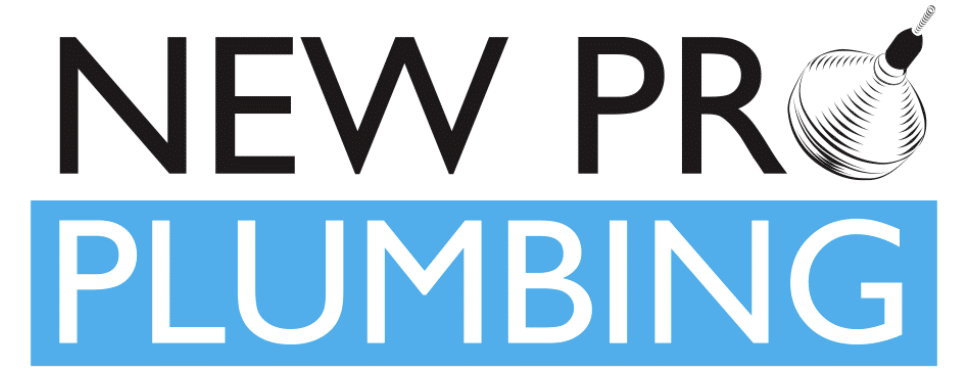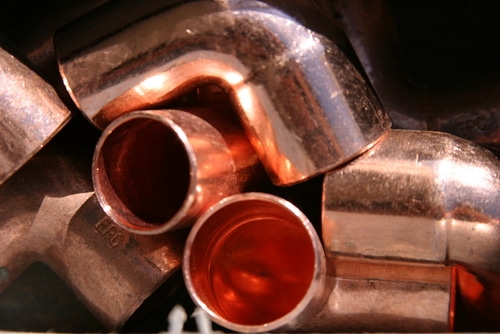Plumbing is an essential component of any residential or commercial building. Just as the veins and arteries in our bodies circulate blood to sustain life, plumbing pipes transport water to and from our homes and offices to ensure functionality and comfort. However, the varied types of plumbing pipes available in the market, each with its unique properties, benefits, and applications, can make the selection process daunting.
The material composition of a pipe can significantly impact its longevity, performance, and suitability for specific applications. From the sturdy galvanized steel pipes to the flexible PEX tubing, each type of pipe serves a distinct purpose in the plumbing ecosystem.
PVC Pipes: A Popular Choice for Drain, Waste, and Vent Systems
PVC (polyvinyl chloride) pipes are widely used for their durability, low cost, and ease of installation. Here are the key advantages and use cases for PVC pipes:
1. Advantages: PVC pipes are lightweight, corrosion-resistant, and require minimal maintenance. They are also resistant to bacterial growth, ensuring a cleaner and more sanitary system.
2. Applications: PVC pipes are typically used for drain, waste, and vent systems. However, they are not recommended for hot water supply lines, as PVC is sensitive to high temperatures.
PEX Pipes: Flexibility and Durability for Modern Plumbing Systems
PEX (cross-linked polyethylene) pipes have become increasingly popular for water supply lines due to their unique properties:
1. Advantages: PEX pipes are highly flexible, making them easy to install in tight spaces and accommodating various layouts. They are also resistant to extreme temperatures, corrosion, and scale buildup. A lower price point compared to copper pipes makes PEX an attractive option.
2. Applications: PEX pipes are commonly used for water supply lines in residential and commercial buildings. They can also be used for heating systems, like radiant floor heating, due to their flexibility and resistance to temperature changes.
Copper Pipes: A Traditional and Reliable Option
Copper is a traditional option for water supply lines, offering various advantages:
1. Advantages: Copper pipes have excellent durability, resistance to corrosion, and heat tolerance. They can be used for both hot and cold water supply lines. Although they can be more expensive than alternative materials, the longevity of copper pipes can offset this initial cost over time.
2. Applications: Copper pipes are ideal for water supply lines, as well as above-ground exterior applications like sprinkler systems. However, they are not recommended for use in acidic or high-chlorine environments, as this can lead to premature corrosion.
CPVC Pipes: Versatility for Hot and Cold Water Lines
Chlorinated polyvinyl chloride (CPVC) pipes are a modified version of PVC pipes with several key advantages:
1. Advantages: CPVC pipes have higher heat resistance than standard PVC pipes, allowing them to handle both hot and cold water supply lines. They are also lightweight, corrosion-resistant, and cost-effective.
2. Applications: CPVC pipes are often used for residential and commercial plumbing systems, particularly in hot water supply lines, where PVC would be inadequate. They are also suitable for cold water lines and various other applications where temperature and corrosion resistance are critical.
Galvanized Steel Pipes: Strength and Durability for Larger Applications
Although their use has waned in recent years, galvanized steel pipes still offer benefits for specific applications:
1. Advantages: Galvanized steel pipes provide strength and durability, making them suitable for larger-scale applications. The galvanization process coats the steel with a layer of zinc, offering some protection against corrosion.
2. Applications: Historically used for water supply systems, galvanized steel pipes are still occasionally employed in industrial settings or large commercial projects. They should be avoided in residential plumbing systems due to the risk of corrosion and lead contamination over time.
ABS Pipes: Temperature-Resistant Drain, Waste, and Vent Systems
Acrylonitrile-butadiene-styrene (ABS) pipes share similarities with PVC pipes, but with added temperature resistance:
1. Advantages: ABS pipes are lightweight, corrosion-resistant, and resistant to temperature fluctuations. They also offer ease of installation with the use of solvent cement for joining.
2. Applications: ABS pipes are commonly used for drain, waste, and vent systems in residential and commercial buildings. They are especially suited for applications where temperature fluctuations can be an issue.
Cast Iron Pipes: Longevity and Sound-Dampening Properties for High-Traffic Areas
Cast iron pipes have a long history of use in various applications:
1. Advantages: Cast iron pipes offer longevity and excellent sound-dampening properties, reducing noise transmission through walls and floors.
2. Applications: These pipes were historically used in older homes and large commercial buildings, where their durability and noise reduction properties were valued. They are typically used for drain, waste, and vent systems and underground sewer lines.
Exploring the World of Plumbing Pipes: Unveiling Their Materials and Benefits
Through a clear understanding of the different types of pipe materials, their benefits, and applications, one can ensure a robust, efficient, and long-lasting plumbing system that can withstand the test of time and use.
Selecting the right plumbing pipe material can enhance the efficiency, safety, and longevity of your plumbing system. By understanding the unique properties and advantages of different types of plumbing pipes, homeowners and business owners can make informed decisions for their specific needs and requirements. To consult with expert plumbers and receive personalized advice on your plumbing system, contact New Pro Plumbing’s team of plumbers in Beverly Hills today.
















